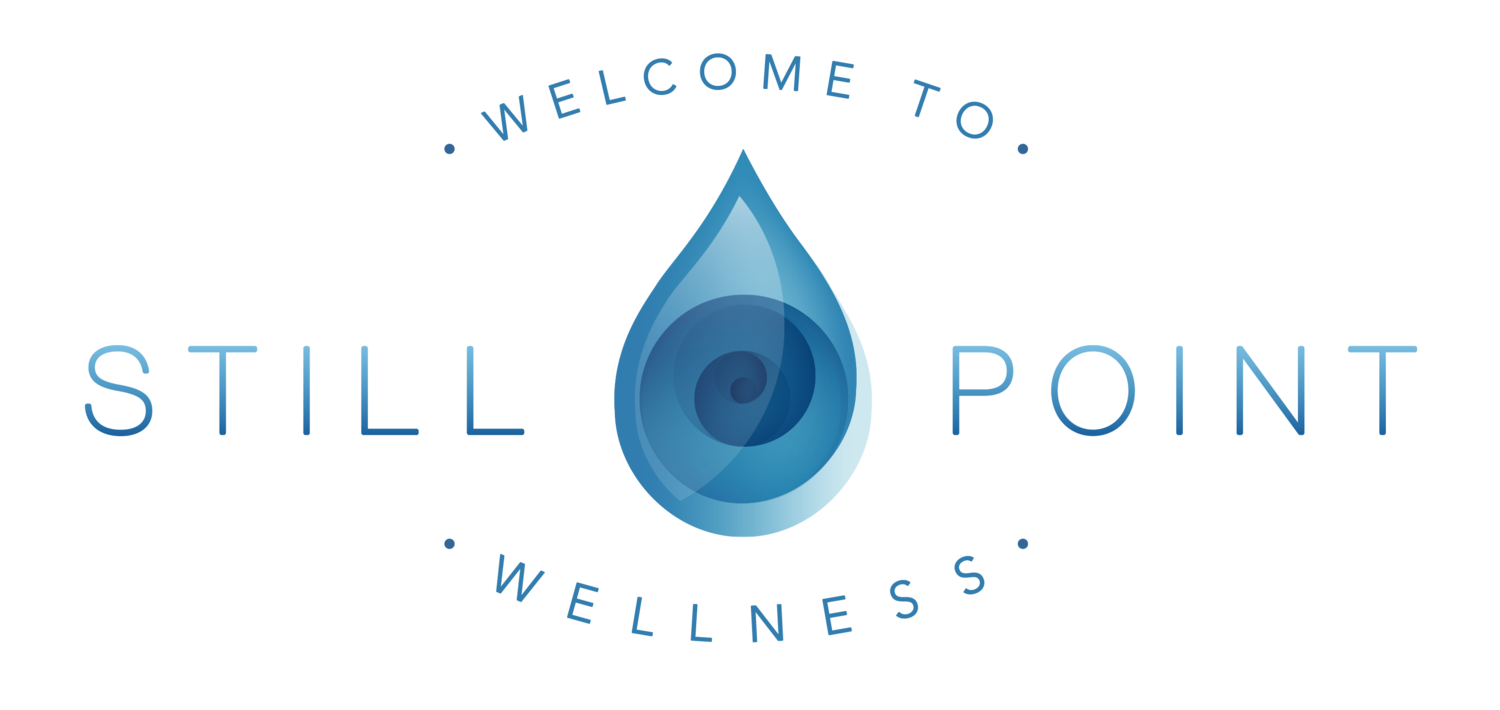Contraindications Information & FAQ
If you have concerns about whether or not massage or floating is a good fit for you, please consult your primary care physician.
salt water floatation
The following is a list of people who should not float.
Epileptics not medically controlled
Those with incontinence not medically controlled
Those with kidney or respiratory infections
Those with infectious diseases or contagious skin conditions
Those with injuries or open bleeding wounds
Those under the influence of alcohol or drugs
Those who have been medically advised not to float
Those who are under the age of 18 without prior written parental consent
Those who have recently dyed their hair or had a keratin treatment.
What if I just shaved?
We recommend not shaving a few days before your float. If you recently shaved and decided to go into ocean water you would find that those freshly depilated areas might sting for a few moments. The same would happen if you floated after a recent shave.
I have some minor scratches or cuts can I still float?
Yes! We have vitamin A&D ointment to cover those small areas with minor scratches or cuts. Just dab some on before hopping in the tank.
Why don't you recommend contact lenses?
If you wear contact lenses you may want to remove them as it might be a problem if salt water gets into your eyes. It's always a good idea to bring your lens case and solution.
Do pregnant women float?
Yes, floating is especially beneficial for pregnant women. As always, we recommend consulting with your physician or midwife to ensure floating is a good fit for you at this time.
What if I am menstruating?
No worries! Floating should not be a problem during menstruation just use the proper hygienic products (tampons) and you should be good to go. If you generally experience extreme cramping, nausea, headache, a raised body temperature or any other upsetting menstruation symptoms it is recommended that you call to reschedule your float 48 hours prior to your appointment.
What if I cannot swim?
The floatation chamber is filled with 13 inches of water and has such a high-density of Epsom salt that any individual, big or small, will float like a cork atop the water.
Will I feel claustrophobic?
Some people have fears before they float the first time. Common fears are based upon the thought that you won’t be in control of your experience. We’ve found that once people realize they have complete control of the floating environment, any fears and anxieties melt away.
Can I float if I’ve had a keratin treatment?
If you have had keratin treatments, salt water should be avoided. Talk to your hair specialist about when it would be safe for you to get in a float tank.
How do I get salt out of my hair?
There are 1000 lbs of epsom salts in our tank, so rinsing the salt out of your hair will be part of the floating experience.
If you have thick hair, tighter curls, or coily/kinky hair, getting salt out of your hair might take longer. Before your float, it is helpful to thoroughly saturate your hair in the shower to reduce the amount of salt water that gets into your hair. To get all the salt out, we recommend rinsing your hair again when you get home. At home, you may also want to try a white vinegar rinse to help get rid of lingering salt residue.
If you cannot wash your hair before and after floating, please bring a tightly fitted swim cap to use while you float. Be aware that swim caps are not perfect in keeping out all water, and the tightness could be uncomfortable while floating.
Massage
The following is a list of people who should not get a massage.
Those with incontinence not medically controlled
Those with kidney or respiratory infections
Those with infectious diseases or contagious skin conditions
Those with major injuries or open bleeding wounds
Those under the influence of alcohol or drugs
Those who have been medically advised not to get a massage
Those who are under the age of 18 without prior written parental consent
I have some minor cuts or injuries can I still get a massage?
Absolutely! Just be sure to bandage up any bleeding cuts or wounds and let your massage therapist know. It is also important to let your massage therapist know of any painful or injured areas so that they know to work around them.
Please do not hesitate to contact us if you have any questions connect@stillpointwell.com.
